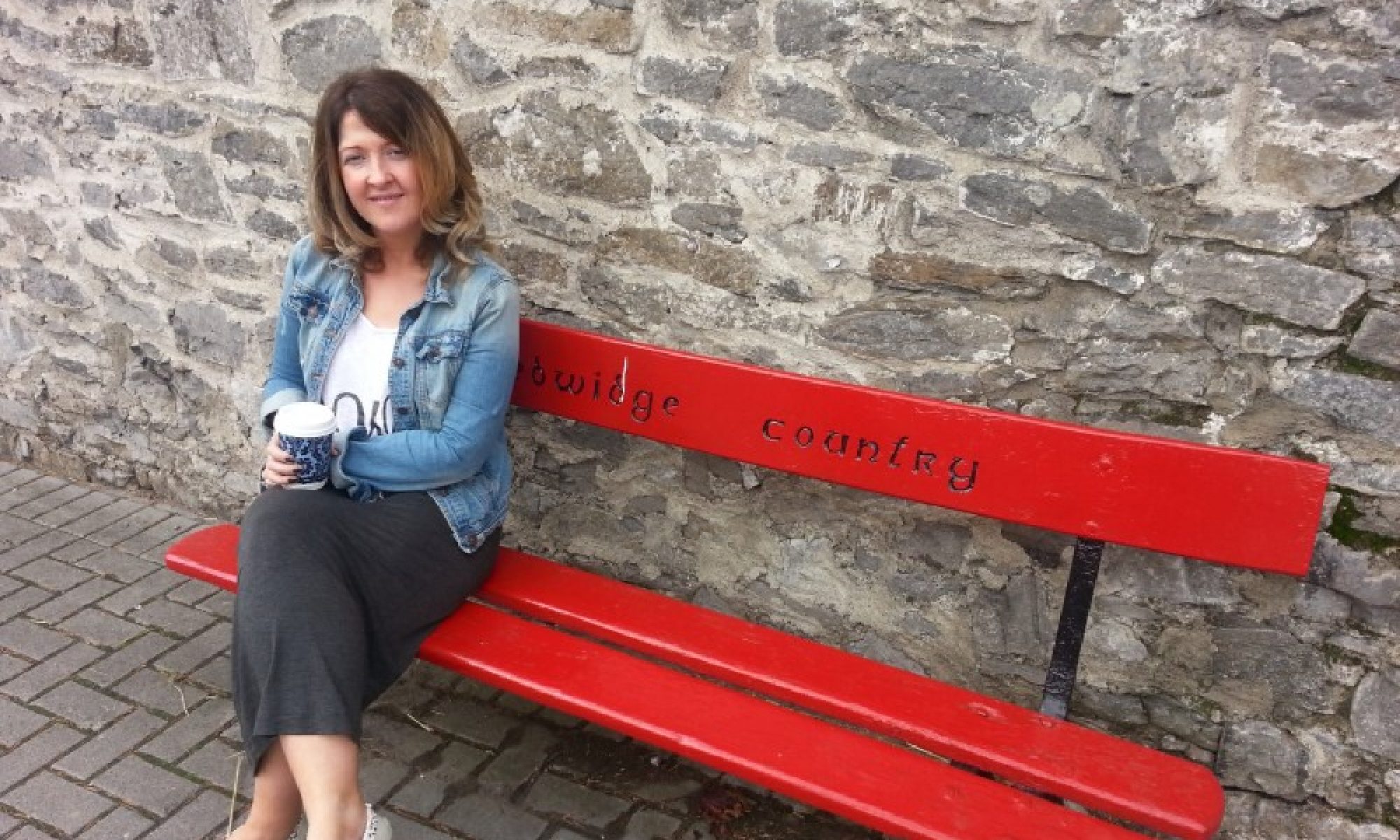Here’s a transcript of my recent article published in the Think Tank section of the Sudnay Times, 21st November, 2010.
The Social, Personal and Health Education curriculum (SPHE) has a 30-minute slot per week in the curriculum of Irish primary schools. It has three programmes – Relationships and Sexuality Education, Walk Tall for prevention of substance abuse, and Stay Safe for prevention of child abuse.
Stay Safe was first released to primary schools in 1991. A “personal safety skills” programme, it aims to give children the ability to recognise and prevent child abuse. A well-meaning aim, but I have issues with the programme.
First off, it is now over 19 years old. Having taught the lessons and activities for many of those years, I find them outdated, unenjoyable and not relating to a child’s experience in 2010.
The subject of safety skills is presented through a character called Pajo on an accompanying video. I vaguely remember who Pajo is – a puppet meerkat of some sort that was popular in the early 1990s. The stories that accompany the programme prompt some of my pupils to laugh out loud, though, because they are written in a dated language and use superannuated settings. Children just can’t relate to them anymore.
Life has changed dramatically for the average primary-school child since Stay Safe was introduced. Social media has erupted, bringing with it a lack of privacy. Internet chat rooms, mobile phones and reality television have added pressures to a child’s life that simply did not exist in 1991.
So a programme based on current best practice and modern research needs to be developed. It should be taught alongside parents. Studies have shown that the more successful child-abuse programmes enlist the support of parents in a real way in the classroom, not in tokenistic ways like “Parents’ Evening” or in a “template letter home”, both of which are suggested in the Stay Safe programme.
Reported incidents of child abuse in Ireland have risen hugely in the last 20 years. Barnado’s tells us that 2,164 confirmed incidents of child abuse were reported in 2008, up from 1,978 in 2007 and 1,797 in 2006. Calls to Childline and similar organisations have also increased, and the One in Four advocacy group claims three times the usual number of clients are contacting it for advice on sexual abuse.
Batt O’Keeffe, the last minister for education, said his aim was to make Stay Safe compulsory in all schools. That worries me, particularly as there is no evidence of any success in its actual aim – stopping child abuse. Has the Department of Education even tried to measure its success?
Stay Safe has some fine elements but places too much emphasis on teaching children to recognise good and bad touches, stereotyping bad and dangerous people, and recommending they tell someone as soon as they can, without actually giving the child the necessary emotional intelligence and skills they need, not only to prevent child abuse but to grow into an emotionally intelligent adult.
The SPHE curriculum has some elements of emotional intelligence but lacks three – use of emotion, understanding of emotion and managing emotion.
Daniel Coleman, author of Emotional Intelligence, has written extensively on the subject of child abuse prevention programmes. His studies reveal that the type of basic training that Stay Safe advocates actually makes a child half as likely to report abuse than before. Coleman recommends a more emotionally and socially-related training instead. He says that children who are more assertive and confident can stand up for themselves, call for help or run away. He also says it is not enough to teach about “good” or “bad” touching. Children need to be self-aware enough to know when the situation is starting to “feel” wrong way before the touching begins.
So, before anything is made compulsory, we must review the SPHE curriculum and Stay Safe programme. Not only to bring its content up to date, but to look at recent good practice in terms of emotional intelligence, and examining its links with child-abuse prevention success.
We also need whole-school training for teachers and parents. The most successful emotionally-intelligent schools are where staff and parents are skilled in expressing their own emotions and feelings, within the school and at home. That way, we can all feel safe and happy knowing we are doing what is best for the children in our care.
Rozz Lewis is a primary school principal in Kildare, and tutors with Hibernia College on SPHE. She blogs at www.rozz.ie



